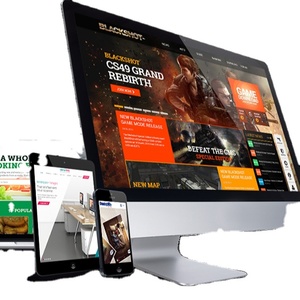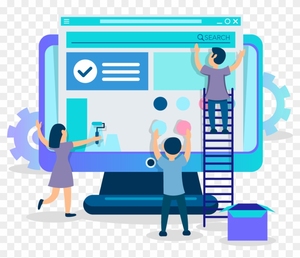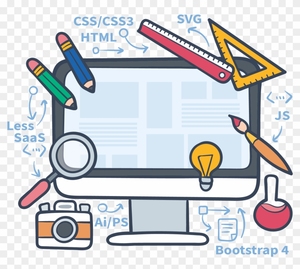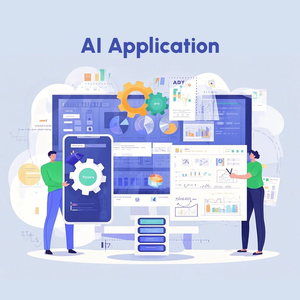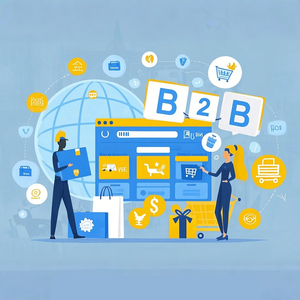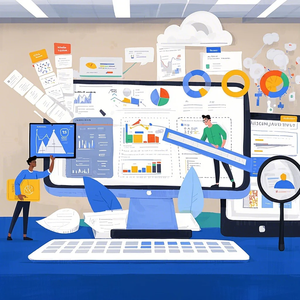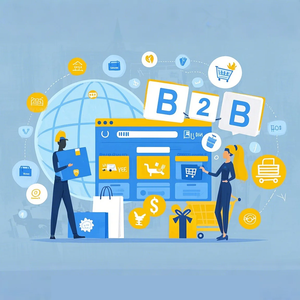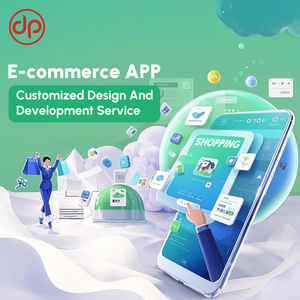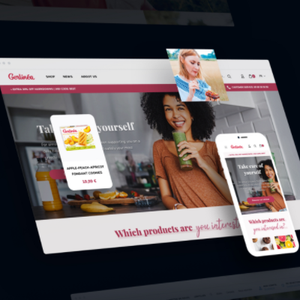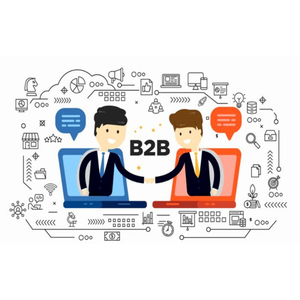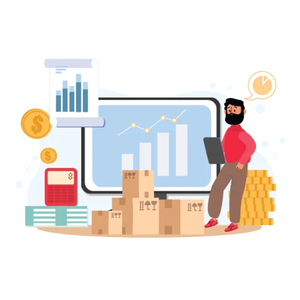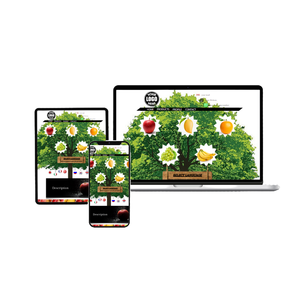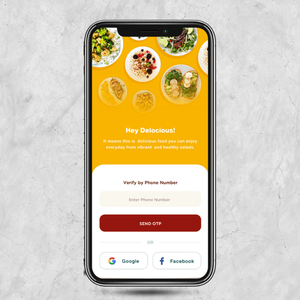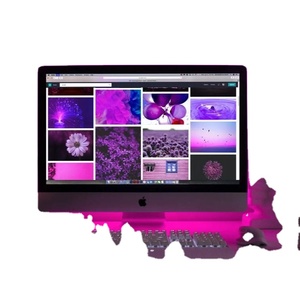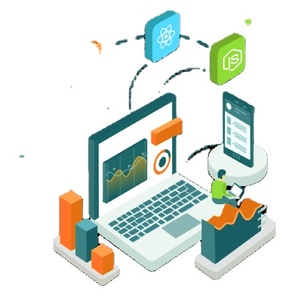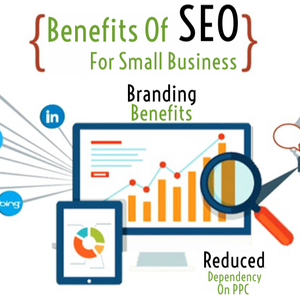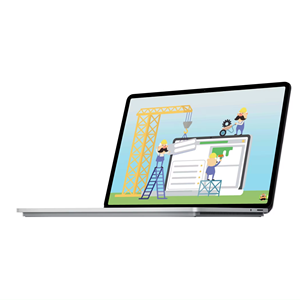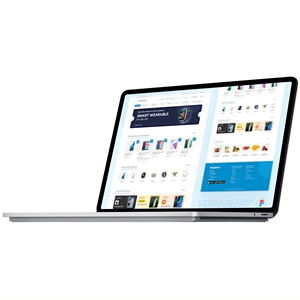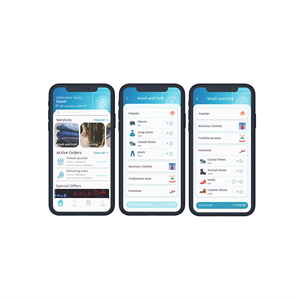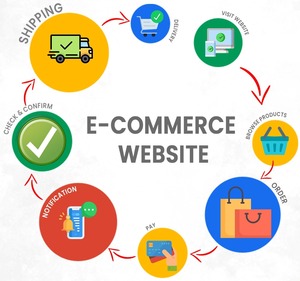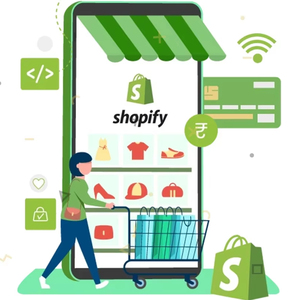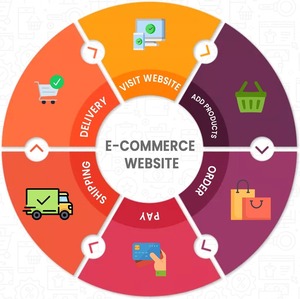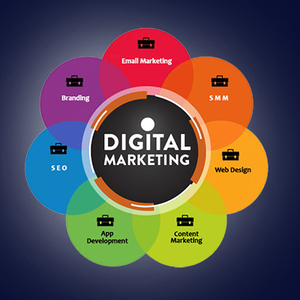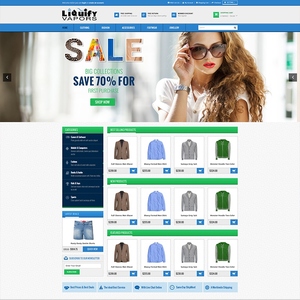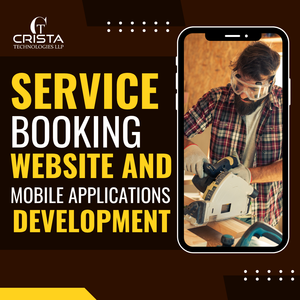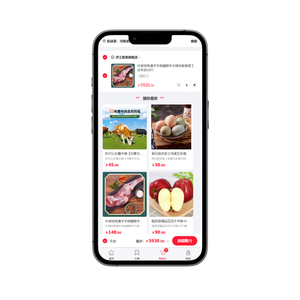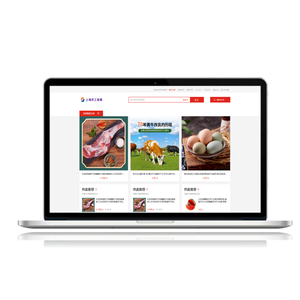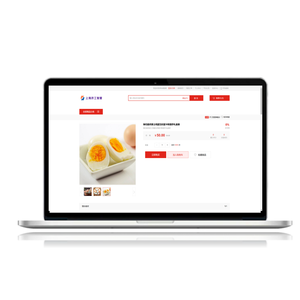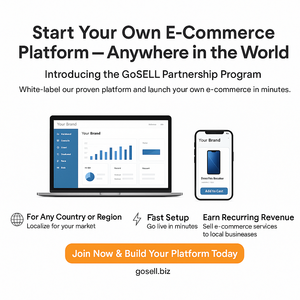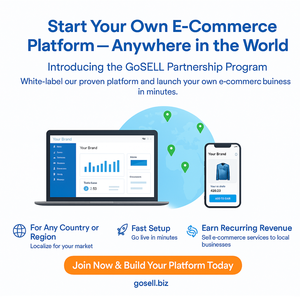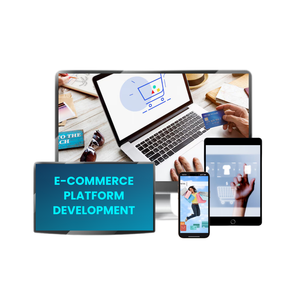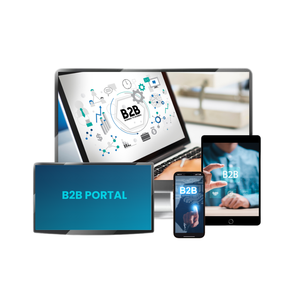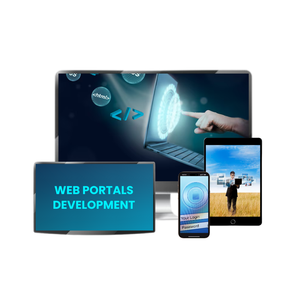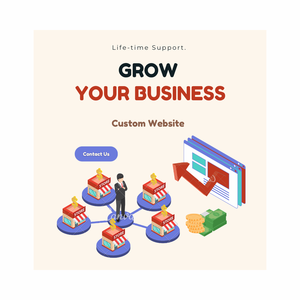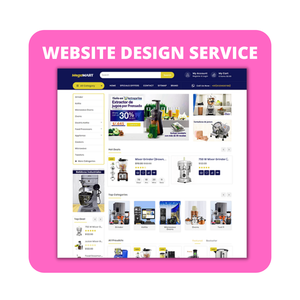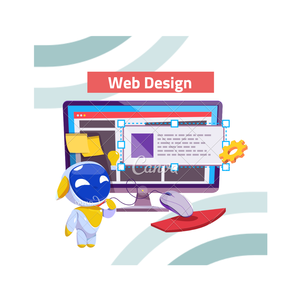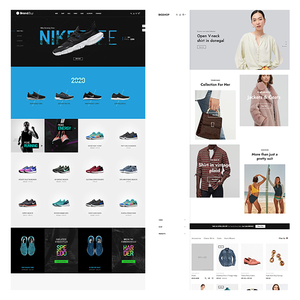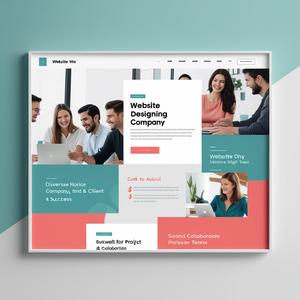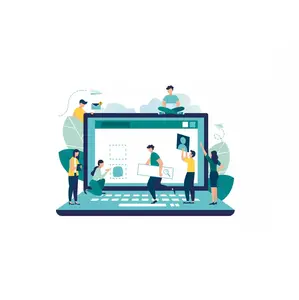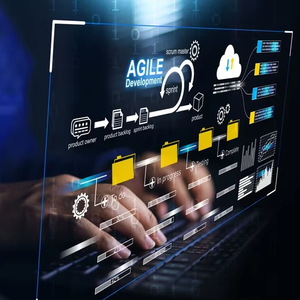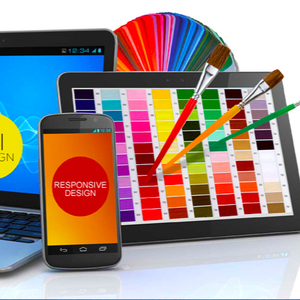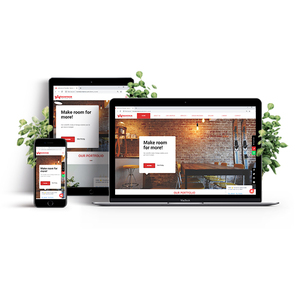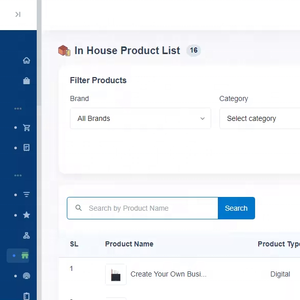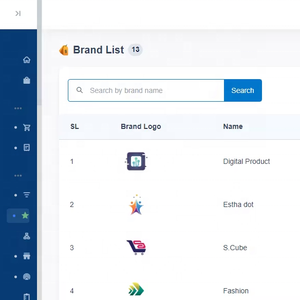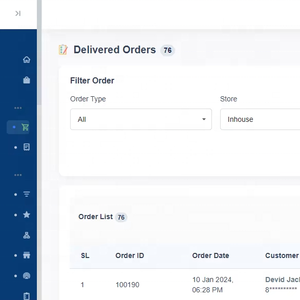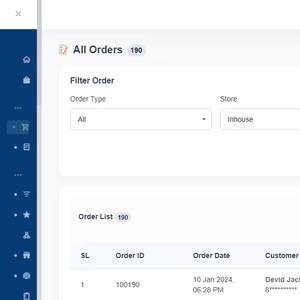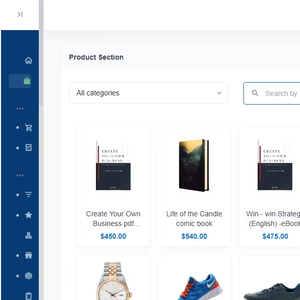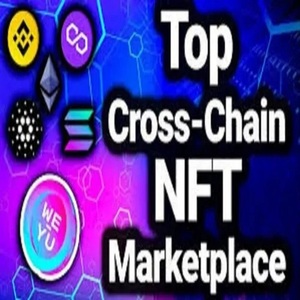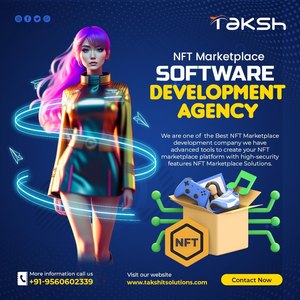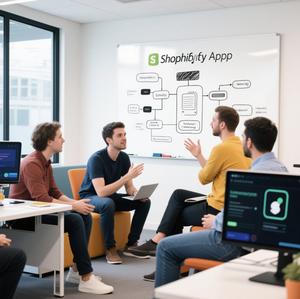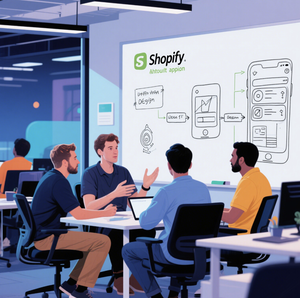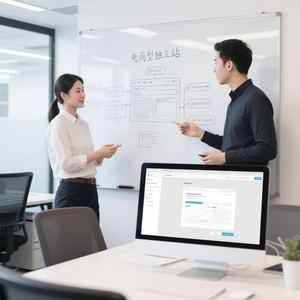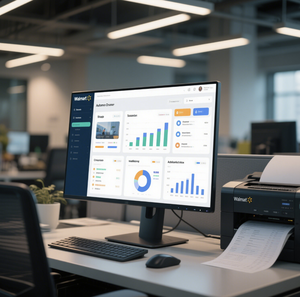B2b Ecommerce Platform Examples



 CN
CN













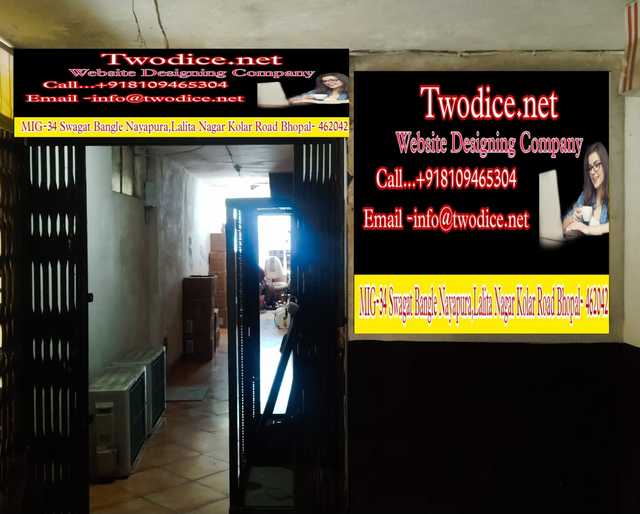

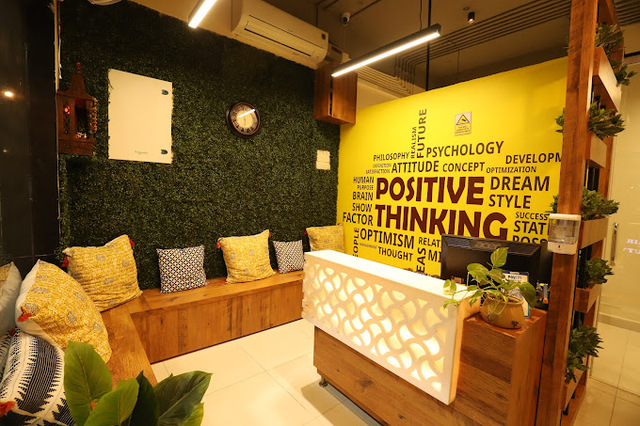



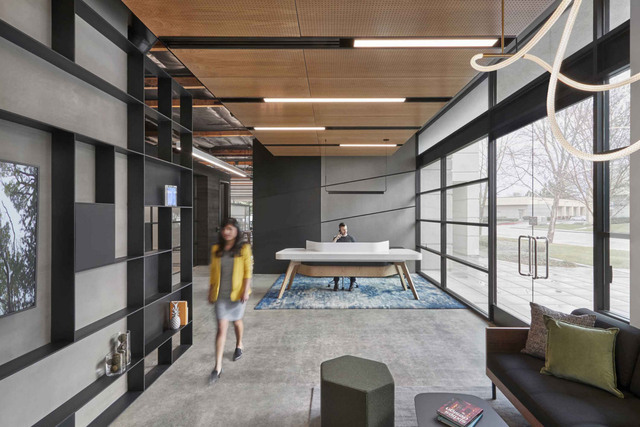

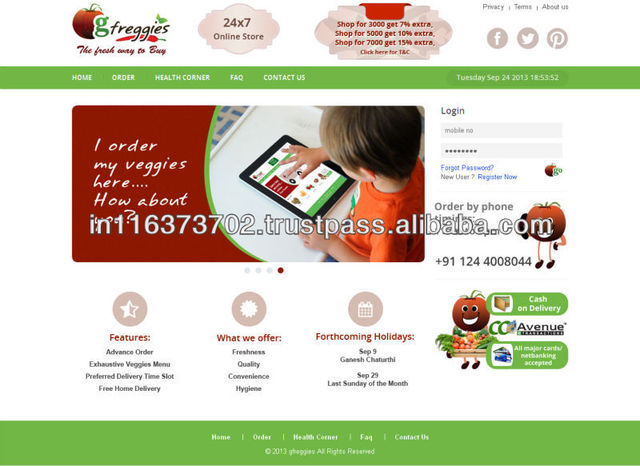



 CN
CN



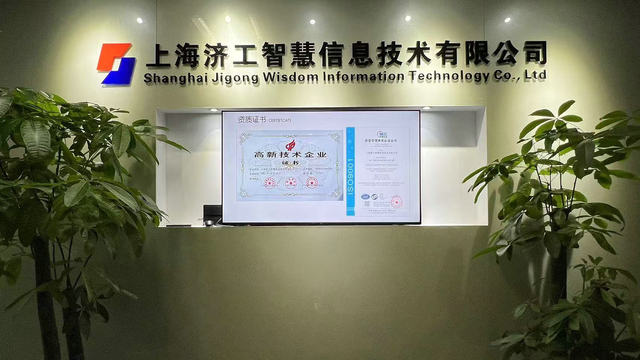





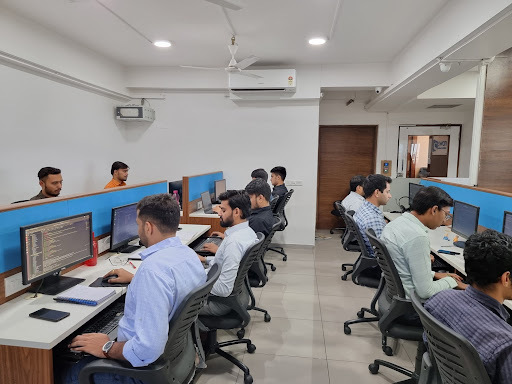

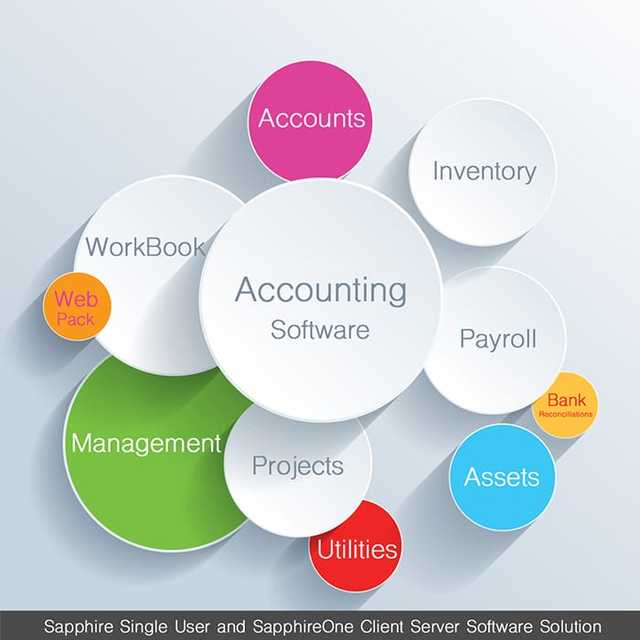

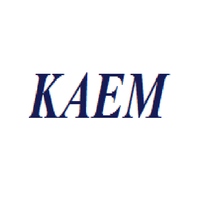

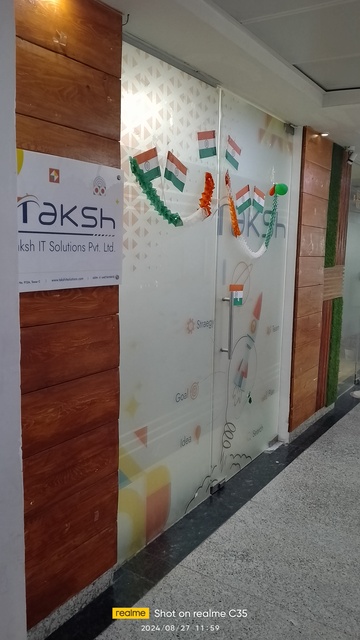

 CN
CN



About b2b ecommerce platform examples
Where to Source B2B Ecommerce Platform Development Services?
Global demand for custom B2B ecommerce platforms is increasingly met by specialized software development suppliers concentrated in high-efficiency tech hubs across Asia. Key sourcing regions include Shenzhen, Delhi, and Zhengzhou—cities with established digital infrastructure, deep talent pools in full-stack development, and cost-optimized operational models. These clusters support rapid deployment of scalable, secure, and integration-ready ecommerce solutions tailored for wholesale, distribution, and industrial supply chains.
Suppliers in these zones benefit from mature ecosystems integrating frontend design, backend architecture, API integration, and cloud hosting services. Proximity to skilled developers enables agile project management and faster iteration cycles, with average delivery timelines ranging from 45 to 90 days depending on customization scope. Buyers gain access to vertically integrated service providers capable of delivering end-to-end platforms—from UI/UX design to payment gateway integration and mobile app synchronization—while maintaining 20–35% lower development costs compared to Western agencies.
How to Evaluate B2B Ecommerce Platform Suppliers?
Procurement decisions should be guided by structured assessment criteria focused on technical capability, transaction reliability, and post-delivery support:
Technical Expertise & Stack Proficiency
Confirm supplier experience with enterprise-grade technologies including WordPress, Shopify, Magento, and custom PHP or Node.js frameworks. Prioritize vendors demonstrating integration capabilities with ERP, CRM, and inventory management systems. Review portfolio projects for evidence of responsive design, multi-vendor functionality, role-based access control, and secure checkout workflows.
Development Capacity & Workflow Transparency
Assess operational scale through verifiable indicators:
- Minimum project value exceeding $1,000 to filter out low-capacity freelancers
- Dedicated teams with documented roles in UI/UX, QA testing, and DevOps
- Use of version control (e.g., Git), project management tools (e.g., Jira), and milestone-based delivery
Cross-reference response times (target ≤8 hours) and on-time delivery performance where available to gauge reliability.
Transaction Security & Quality Assurance
Utilize escrow-based payment systems to mitigate risk, releasing funds only after successful platform testing and client acceptance. Require detailed documentation including source code handover, admin training materials, and SSL/WAF security configuration. For high-value contracts, insist on third-party code audits to verify scalability, data protection compliance, and absence of backdoor vulnerabilities.
What Are the Leading B2B Ecommerce Platform Suppliers?
| Company Name | Main Products | Project Range (USD) | Min. Order | On-Time Delivery | Avg. Response | Service Tier |
|---|---|---|---|---|---|---|
| BUSINESS RHINOS | Software, E-commerce Website, Textiles & Leather Products | $100 – $1,000 | 2 pieces | Not specified | ≤1h | Standard |
| Shenzhen Douples Technology Co., Ltd. | Custom B2B/B2C Websites, Shopify, AI Integration | $30,000 – $40,000 | 1 unit | 100% | ≤9h | Premium |
| INNOJS INFOTECH PRIVATE LIMITED | Software, Custom E-commerce Solutions | $450 – $3,490 | 2 units | Not specified | ≤10h | Mid-tier |
| CORTEX WORK | Magento, Marketplace Websites, Mobile Apps | $500 – $6,010 | 1–2 pieces | Not specified | ≤8h | Mid-tier |
| INTELLISENSE TECHNOLOGY | PCBA, Software, Smart Devices, Mini Sites | $7 – $10 | 2 pieces | Not specified | ≤4h | Entry-level |
Performance Analysis
Shenzhen Douples Technology stands out with premium pricing and verified 100% on-time delivery, indicating strong project management discipline suitable for complex, enterprise-scale implementations. In contrast, entry-level providers like INTELLISENSE TECHNOLOGY offer ultra-low-cost mini-site solutions ($7–$10), likely targeting basic listing portals rather than transactional platforms. Mid-tier developers such as INNOJS INFOTECH and CORTEX WORK balance affordability with broader feature sets, supporting Magento and Shopify integrations at moderate price points. Rapid response times (<8h) are common across all tiers, but buyers should validate actual development quality through prototype reviews and reference checks before engagement.
FAQs
How to verify a B2B ecommerce platform supplier’s credibility?
Request case studies with live URLs, client testimonials, and GitHub repositories or code samples. Verify business registration details and look for participation in trusted supplier programs. Analyze communication clarity and technical depth during initial consultations to assess professionalism.
What is the typical lead time for a custom B2B ecommerce platform?
Standard builds take 45–60 days. Fully customized platforms with advanced features (e.g., AI-driven pricing, multi-warehouse sync) require 75–90 days. Add 7–14 days for testing, domain setup, and training.
Can suppliers integrate with existing ERP or accounting systems?
Yes, most mid-tier and premium suppliers support API-based integration with SAP, Oracle NetSuite, QuickBooks, and Odoo. Confirm compatibility early and budget for additional development if middleware is required.
Do B2B platform developers provide post-launch support?
Support policies vary. Some include 3–6 months of free maintenance; others offer paid SLAs covering bug fixes, updates, and uptime monitoring. Clarify terms before contract signing.
What are common customization options in B2B ecommerce platforms?
Key customizations include bulk ordering, tiered pricing, customer-specific catalogs, purchase approval workflows, and PO processing. Advanced options involve AI-powered product recommendations, real-time freight calculation, and vendor portal dashboards.


